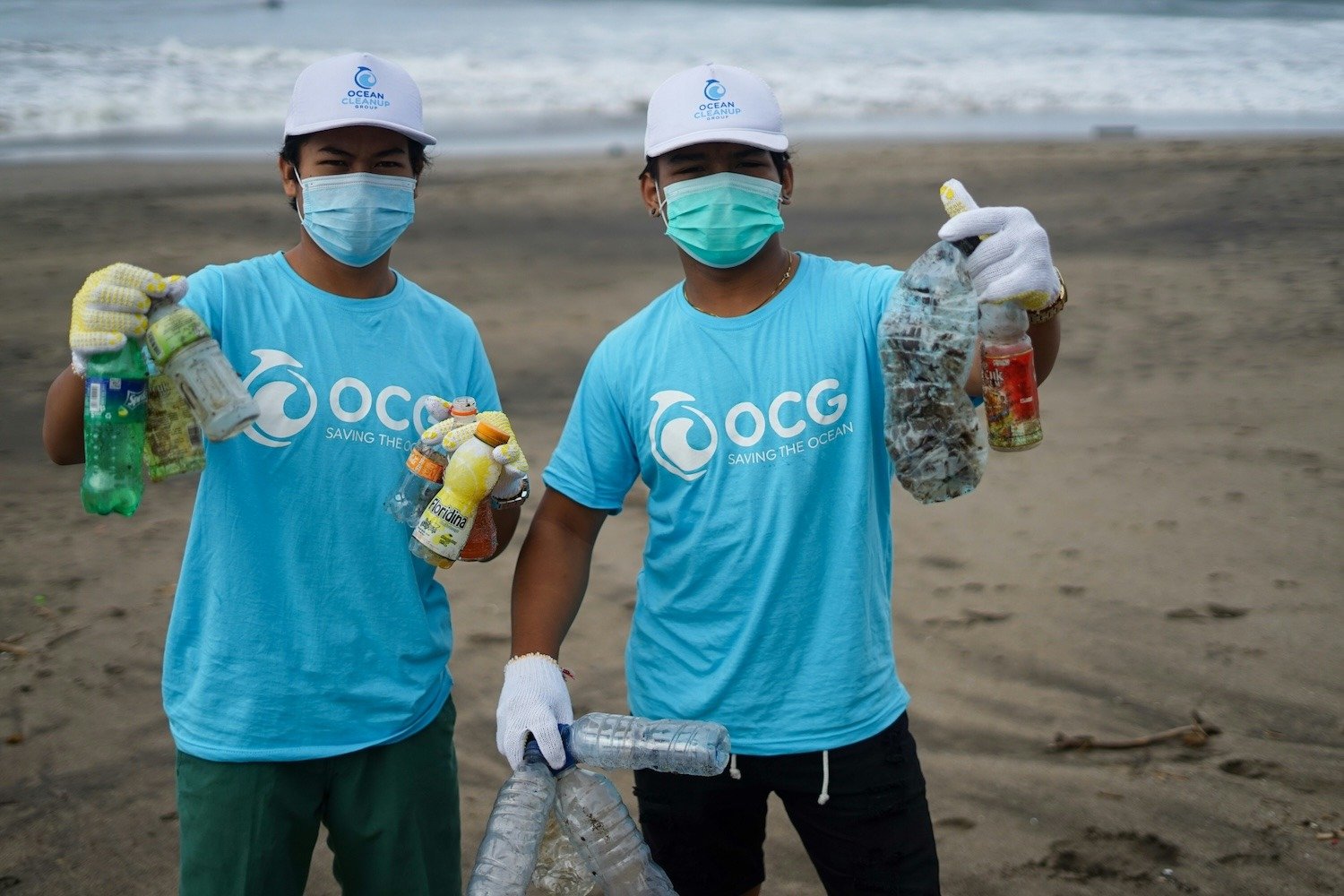Climate change is in your hands – top 5 things you can do to make a difference

By Fiona Wakelin
“I want you to act as if the house is on fire, because it is.” – Greta Thunberg, World Economic Forum, 2019
Climate change is real and is happening as we speak. National Geographic recently listed some of the impacts we are experiencing:
- Ice is melting worldwide, especially at the Earth’s poles.
- Much of this melting ice contributes to sea-level rise. Global sea levels are rising 4.5 millimeters a year, and the rise has been occurring at a faster rate in recent years. The Daily Maverick carried a report that the last time CO2 levels were this high was in the Pliocene era when the oceans rose up to 28 meters.
- Rising temperatures are affecting wildlife and their habitats.
- Extreme weather events are happening more frequently.
- On average rain and snowfall have increased.
- Some regions are experiencing more severe drought, increasing the risk of wildfires, lost crops, and drinking water shortages.
Here are 5 ways you can make a difference…
1. Become a water warrior
Our bodies are made up of 60% water – and we literally can’t live without it. We would only last for 3-4 days without H20. One of the characteristics of climate change is the increase in the number and severity of weather events. A couple of years ago South Africa was ravaged by one of the worst droughts in living memory – some areas are still in crisis. And many believe the next world war will be about access to this most precious of commodities. So number one on the to-do list is: be water wise. Every drop counts. Showering not bathing should be the norm. Using grey water in the garden. Checking for leaks and drips. Become a water warrior!
2. Say no to plastic
Did you know there are 5 garbage patches in our oceans?
The largest island of plastic floats somewhere between California and Hawaii and is known as the Great Pacific Garbage Patch (GPGP). Its surface area is about three times as big as France – 1.6 million square kilometres. In 2018, the Los Angeles Times reported that the size of the GPGP had increased to a total of 1.8 million pieces of plastic weighing roughly 87 000 tons. This is killing our oceans, fish, shell fish and marine mammals. Not only that but scientists estimate that 50-80% of the oxygen production on Earth comes from plankton in the ocean – and the plastic is blocking the sunlight so the tiny uni-cellular plants can’t photosynthesise – which means they can’t absorb CO2 or produce the oxygen we need to breathe.
3. Get your hands dirty – plant a tree or ten
Trees and plants absorb the harmful CO2 which is causing the greenhouse effect and resulting in global warming. Not only that but they use sunlight to reintroduce oxygen into the atmosphere. Our very own spekboom (bacon tree/pork bush!) is a wonder plant and is like a sponge for CO2 – it has the ability to capture four to ten tons of carbon per hectare! Go green bacon! So even if you don’t have a garden, growing spekboom in your home is doing the planet a service.
4. Green your ride
Walk/cycle/carpool. Emissions from the transport sector account for 10.8% of South Africa’s total greenhouse gas emissions, with road transport being responsible for 91.2% of them. In America if you carpool you get to use a designated lane on the freeway as a bonus. And in Germany driving in a car is old school. Walking, cycling, using public transport and investing in hybrid cars all contribute to a reduction in those gas emissions which are polluting our atmosphere and contributing to climate change.
5. People, planet and profit
Ensure you have solid environmental, social, governance (ESG) practices embedded in your business. Prospective investors are becoming increasingly interested in a company’s policies regarding sustainability – and to prove it the big four accounting firms, Deloitte, PwC, EY and KPMG, got together to produce a White Paper to try to agree on a common set of ESG principles. The White Paper, Measuring Stakeholder Capitalism: Towards Common Metrics and Consistent Reporting of Sustainable Value Creation was released at the World Economic Forum’s Sustainable Development Impact Summit in September 2020 and is based on 21 core metrics and 34 expanded disclosures under the four pillars: people, planet, prosperity and principles of governance. Growing the sustainability movement and ensuring your supply chain is compliant is in your hands.
We are in this together – and – once again to quote the inimitable Ms Thunberg: “Together and united, we are unstoppable.”


.svg)











